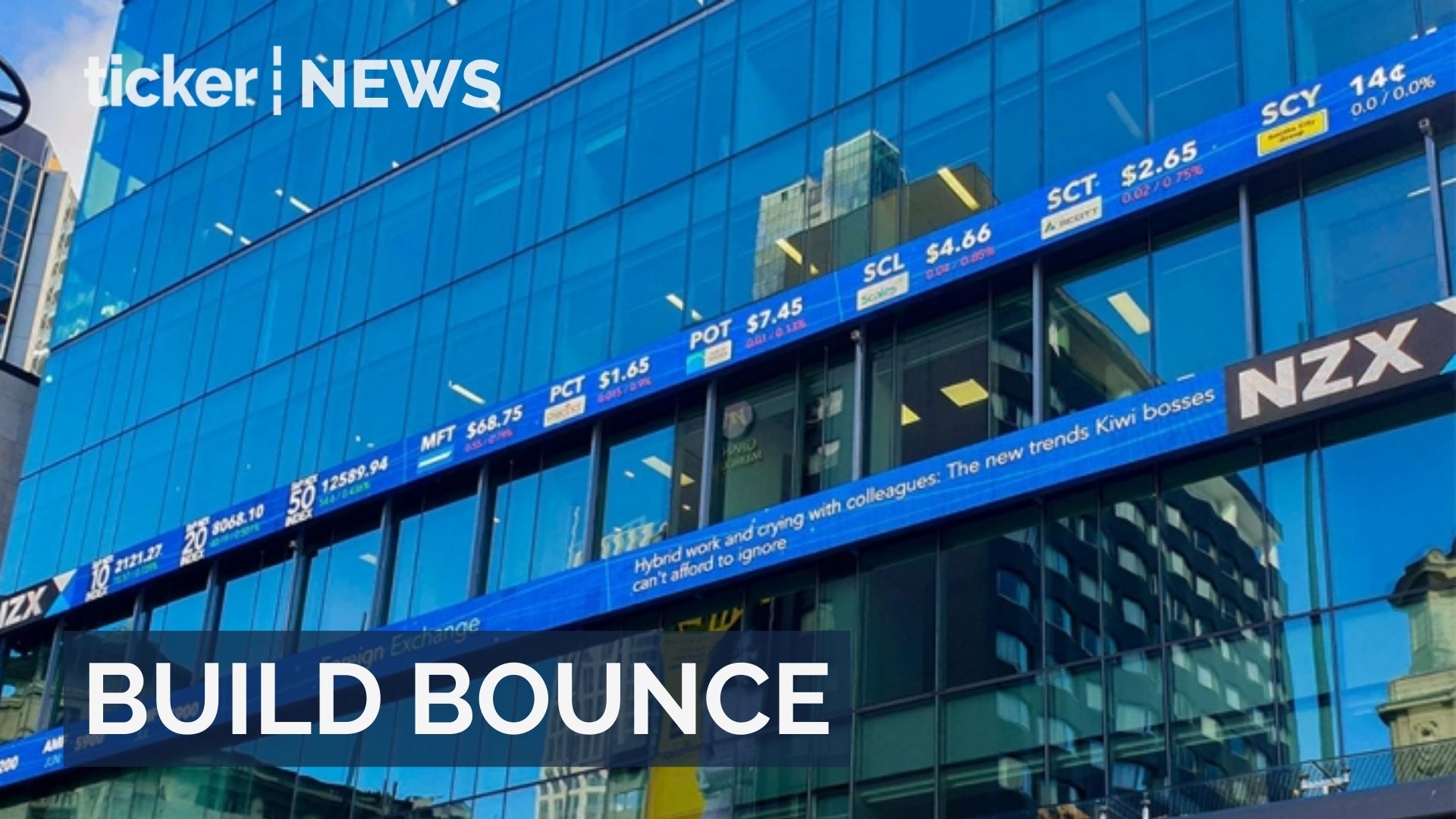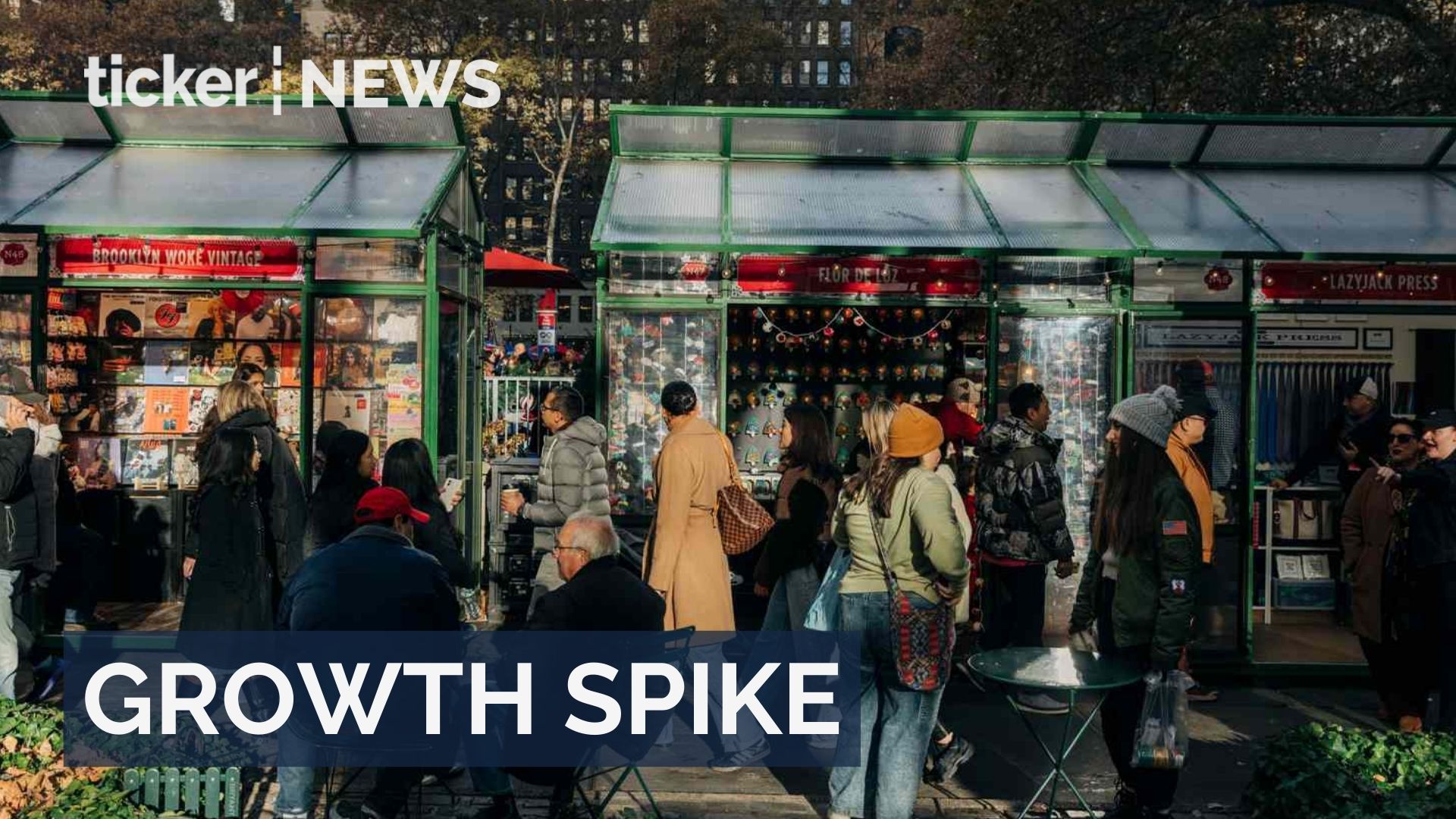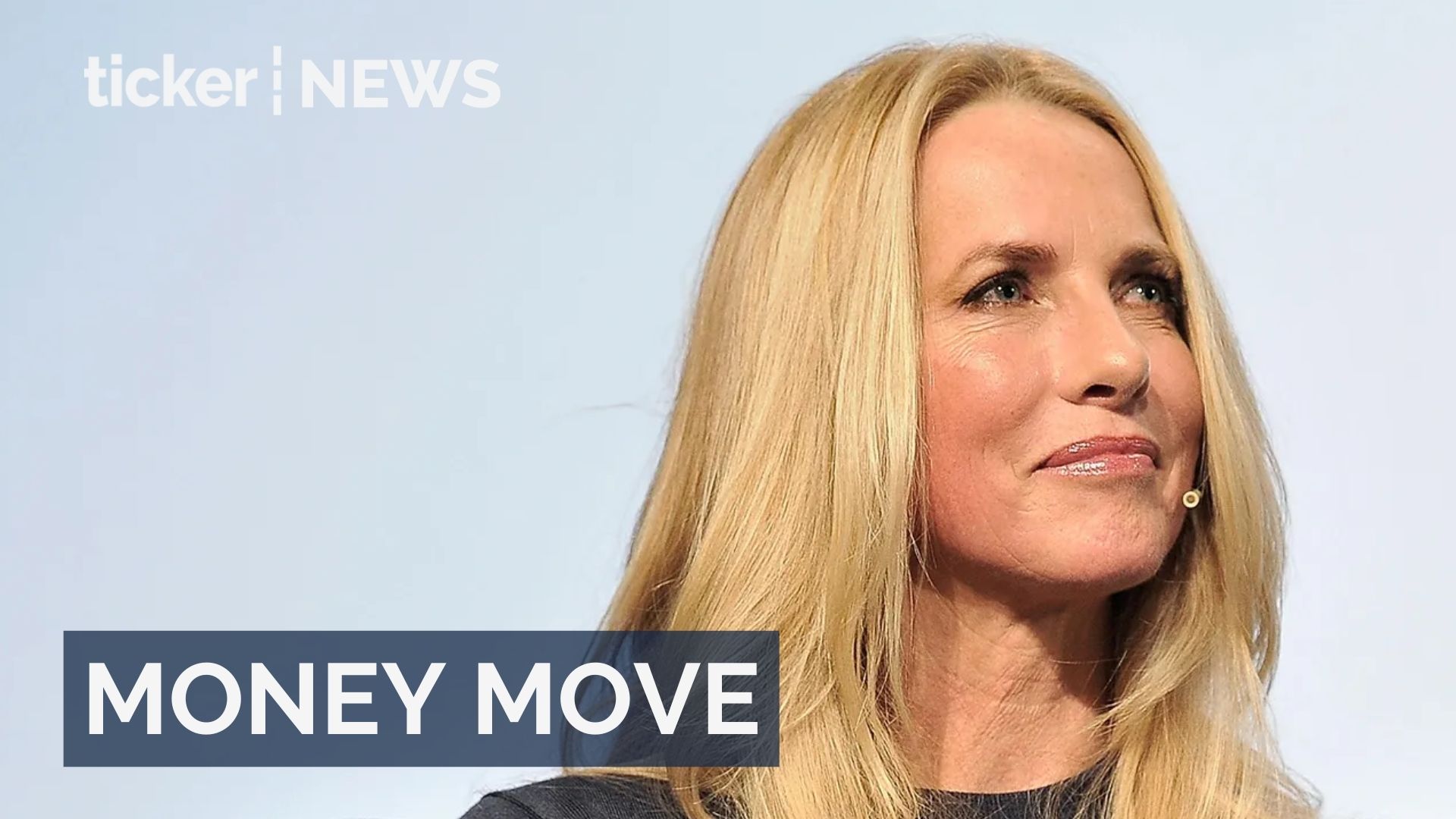Money
How much higher do rates need to cut to kill inflation?

Money
New Zealand experiences unexpected economic growth surge
New Zealand economy sees 1.1% growth in third quarter, surpassing forecasts and signalling broad recovery after earlier contraction
Money
US economy grows 4.3% in Q3, exceeding forecasts
US economy grows 4.3% in Q3 2025, surpassing forecasts despite inflation and shutdown challenges
Money
Laurene Powell Jobs exits Monumental Sports ownership completely
Laurene Powell Jobs sells her stake in Monumental Sports & Entertainment to Arctos Partners and QIA for $7.2 billion
-



 Property2 days ago
Property2 days agoBlackstone acquires Hamilton Island for $1.2 billion
-



 Money4 days ago
Money4 days agoUS stocks surge amid AI hype despite market volatility
-



 Tech3 days ago
Tech3 days agoGoogle Cloud and Palo Alto launch $10 billion AI deal
-



 Leaders4 days ago
Leaders4 days agoAI and automation reshape future tech careers
-



 Money2 days ago
Money2 days agoLaurene Powell Jobs exits Monumental Sports ownership completely
-



 Tech4 days ago
Tech4 days agoGlobal race for AI infrastructure amid soaring energy costs
-



 Money2 days ago
Money2 days agoUS economy grows 4.3% in Q3, exceeding forecasts
-



 News3 days ago
News3 days agoChina deploys over 100 ICBMs near Mongolia border








